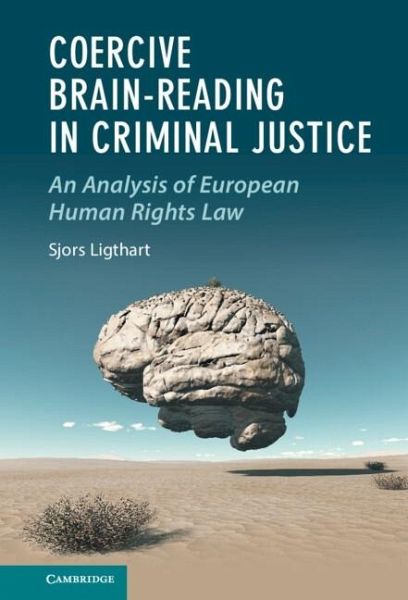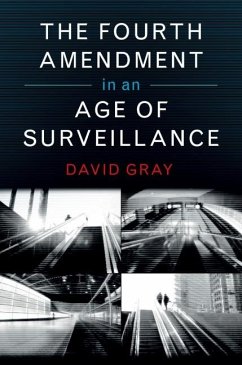
Coercive Brain-Reading in Criminal Justice (eBook, ePUB)
An Analysis of European Human Rights Law
Versandkostenfrei!
Sofort per Download lieferbar
62,95 €
inkl. MwSt.
Weitere Ausgaben:

PAYBACK Punkte
31 °P sammeln!
Emerging neurotechnology offers increasingly individualised brain information, enabling researchers to identify mental states and content. When accurate and valid, these brain-reading technologies also provide data that could be useful in criminal legal procedures, such as memory detection with EEG and the prediction of recidivism with fMRI. Yet, unlike in medicine, individuals involved in criminal cases will often be reluctant to undergo brain-reading procedures. This raises the question of whether coercive brain-reading could be permissible in criminal law. Coercive Brain-Reading in Criminal...
Emerging neurotechnology offers increasingly individualised brain information, enabling researchers to identify mental states and content. When accurate and valid, these brain-reading technologies also provide data that could be useful in criminal legal procedures, such as memory detection with EEG and the prediction of recidivism with fMRI. Yet, unlike in medicine, individuals involved in criminal cases will often be reluctant to undergo brain-reading procedures. This raises the question of whether coercive brain-reading could be permissible in criminal law. Coercive Brain-Reading in Criminal Justice examines this question in view of European human rights: the prohibition of ill-treatment, the right to privacy, freedom of thought, freedom of expression, and the privilege against self-incrimination. The book argues that, at present, the established framework of human rights does not exclude coercive brain-reading. It does, however, delimit the permissible use of forensic brain-reading without valid consent. This cautionary, cutting-edge book lays a crucial foundation for understanding the future of criminal legal proceedings in a world of ever-advancing neurotechnology.
Dieser Download kann aus rechtlichen Gründen nur mit Rechnungsadresse in A, B, BG, CY, CZ, D, DK, EW, E, FIN, F, GR, HR, H, IRL, I, LT, L, LR, M, NL, PL, P, R, S, SLO, SK ausgeliefert werden.













